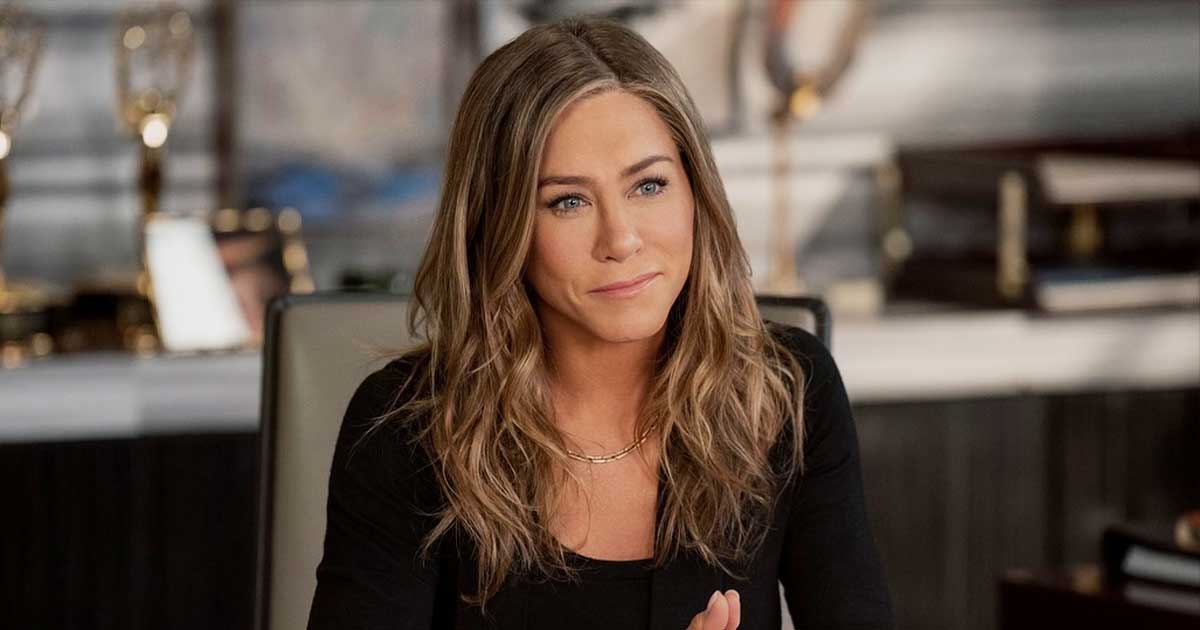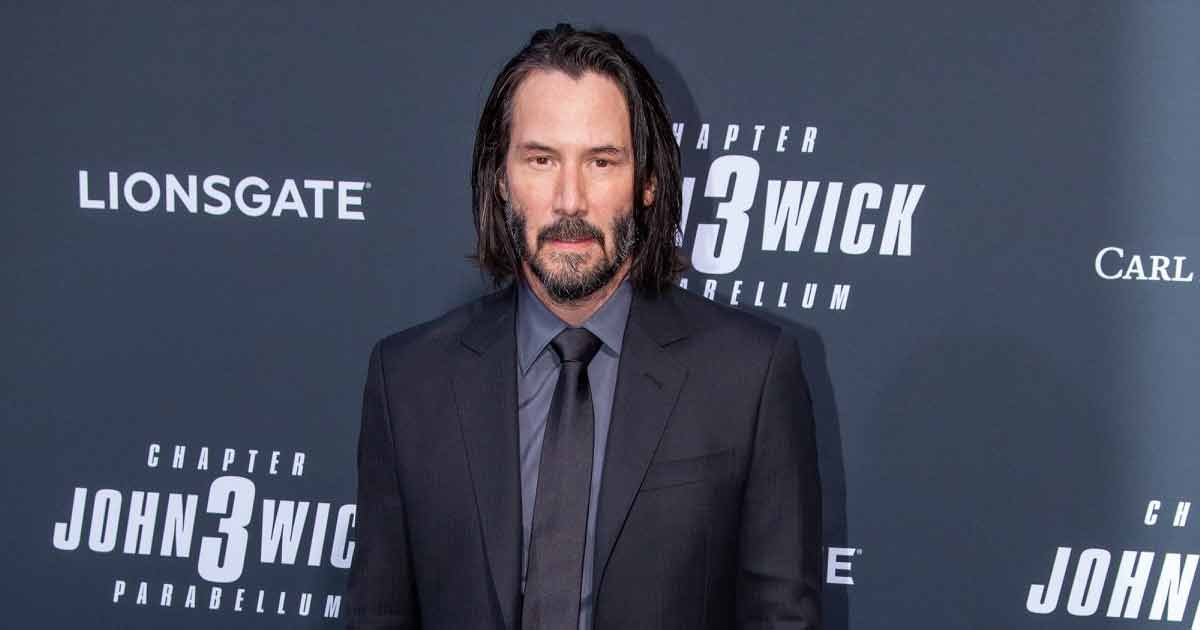When we speak in June, Ekkebus has just returned from a mountaineering expedition – a three-week trip in Ecuador to climb Chimborazo and Cotopaxi, the latter an active stratovolcano in the Andes Mountains, whose summits are 6,263 metres (20,547ft) and 5,897 metres above sea level respectively.
The chef developed his interest in mountaineering after spending too much time in the kitchen sampling his own cuisine.
“Like some chefs, in different stages of my career, I was a little bit chubbier and bigger and that comes with a lot of health consequences,” Ekkebus tells the Post.
It’s the sport where you move slowest but you need to have the strongest conditioning and strength to be able to do it
Reaching mountaintops seemed to be an obvious one.

The to-do list for this is long, and includes a visit to a specialist UK health facility in London, The Altitude Centre. Tests there would have measured his inhaled and exhaled oxygen and blood-lactate concentration levels during maximal exercise to check his fitness for such climbs.
“It’s the sport where you move slowest but you need to have the strongest conditioning and strength to be able to do it,” says Ekkebus.
“People don’t understand that when you are climbing at this level of altitude, not only is it physically difficult to climb for hour after hour, at a 60-degree incline, the oxygen level is also significantly lower, so the body does not function the same way.”

The coronavirus pandemic put paid to his original plans, though, and Ekkebus’ focus turned from climbing Everest to scaling lesser-known summits around the world.
“The south side of Everest from Nepal is more supported but it’s also way busier and the danger of that side is the people,” Ekkebus says. “If you have 400 clients and they’re with 400 Sherpas carrying their stuff, that’s 800 people up there and that’s too many.
As his interest in Everest “fell away”, his focus turned to smaller mountains in Nepal such as Lobuche (6,119 metres), Imja Tse or Island Peak (6,165 metres), and Baruntse (7,162 metres).
He climbed all three, but did not summit all of them because of unfavourable conditions and avalanche risk. “At the end of the day, the goal isn’t to summit, it is to return safely home to our families,” Ekkebus says.

“I work with very professional operators. Yesterday evening, we had a call with the expedition leader until midnight to discuss how to prepare ourselves physically. We went through the load we are meant to carry and the gear that we need. It’s very well planned,” he says.
A personal trainer helps Ekkebus prepare for the climbs. Three times a week, they focus on strength and core training. At home, the chef starts by carrying 12kg on his back while on a StairMaster treadmill for 90 minutes a day. Two months before a climb, he will carry 20kg every day for two hours on the machine.
His commitment to his work leaves the chef with limited time to dedicate to climbing, which involves acclimatising to high altitude before attempting an ascent.
An abundance of red blood cells is needed at high altitude to carry more oxygen to the muscles. Extra cells thicken the blood, putting additional stress on the heart to pump it, though. Inadequate time to adjust can lead to altitude sickness.

“Normally, I would need to stay [close to a destination] for one or two weeks before the ascent to acclimate at around 4,300 feet so my body can create enough red blood cells,” he explains.
Instead, the week before he leaves for a climb, he sleeps at home with a hypoxic tent over his bed. A compressor helps simulate the air quality at altitude to induce his body to produce the necessary red blood cells as he sleeps.
This cuts the time he needs to spend on the mountain to three weeks, about the length of time he can spare from the kitchen.

He pays a great deal of attention to how he fuels his body, focusing on low-fat, high- protein dishes, and good carbs like sweet potatoes, brown rice, quinoa and vegetables.
“I still have cheat days every now and then, but two months out of the climb, I will be very strict,” he says.
“I will not entertain any dinners whatsoever and for work, I will taste the dishes but I spit it back out because I need to get my body fat down to 18 per cent.”
You’re holding onto the tent because the wind is so strong. You’re already geared up in your sleeping bag because if things go wrong, we can immediately go back down the mountain
Asked about the downsides and dangers of his adventurous lifestyle, he says there are many. Despite his regimen, Ekkebus usually loses 5kg to 9kg on each expedition.
He also risks extreme sunburn because of the thin atmosphere and reflection from the snow, even inside his nostrils and on the roof of his mouth.
“There are some really dodgy situations when you climb,” he says. “Sometimes you’re hanging off a cliff 1,000 metres in the air, and then there is crossing the ladder bridges that are simply a ladder over a crevice to get you to the other side.”

Three times he has been unable to reach a summit because of dangerous conditions.
“There is a system, though,” he says, and people need to trust that system.
The “really cool people” from all walks of life that he has met on his climbs – “from an accident and emergency nurse to a rocket engineer who works for Elon Musk” – add to the attraction for him.
“You’re together in small tents, in as low as minus-40-degree-Celsius (minus-40-degree-Fahrenheit) winds and snow, and you’re holding onto the tent because the wind is so strong.
“You’re already geared up in your sleeping bag because if things go wrong, we can immediately go back down the mountain – but you’re just hoping you don’t fly off with the tents.”
Despite the gruelling conditions and training, for Ekkebus the rewards of mountaineering outweigh the costs.

“There is a strong sense of accomplishment,” he says. “By having so much stress in these situations and so many things that you need to negotiate, your problem-solving skills become better.
“In the old days, I would lose my cool and scream in the kitchen. With this sport, it really helped me see that there are things you can control and there are things you cannot control.”
You can put your trust in this skinny chef. As he climbs mountains he becomes an even better one.
“Climbing really helps me be a better person, a better mentor – and probably a better husband and much more.”







